Search
Remove Ads
Advertisement
Search Results

Book Review
The World of Sugar: How the Sweet Stuff Transformed Our Politics, Health, and Environment over 2,000 Years
While granulated sugar was produced in India as early as the 6th century BCE, its usage for a long time remained limited to royalty or ceremonial purposes. It was not until the 13th century that sugar became a major commercial product throughout...

Article
Life of Plato of Athens
Plato of Athens (424 or 423 to 347 BCE) was an ancient Greek philosopher whose work is considered so important that he may be called the inventor of philosophy as we understand the term today. Some people would want to reserve that honor...
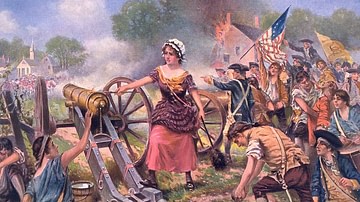
Article
Women in the American Revolution
In Colonial America, women were discouraged from taking an interest in politics and were instead expected to focus only on traditionally 'feminine' matters, such as homemaking and childrearing. However, such gender roles were challenged during...
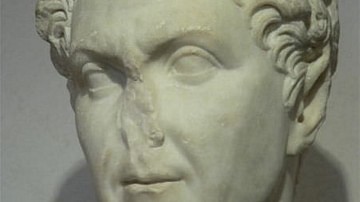
Article
Sulla's Reforms as Dictator
Lucius Cornelius Sulla (l. 138 - 78 BCE) enacted his constitutional reforms (81 BCE) as dictator to strengthen the Roman Senate's power. Sulla was born in a very turbulent era of Rome's history, which has often been described as the beginning...
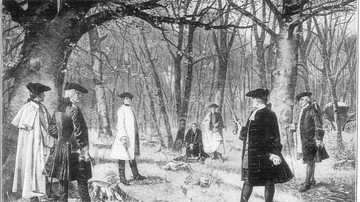
Article
Hamilton-Burr Duel
The Hamilton-Burr duel was fought between Alexander Hamilton and his political rival Aaron Burr at 7 a.m. on 11 July 1804, in Weehawken, New Jersey. It resulted in the death of Hamilton, who received a mortal wound to the abdomen, and the...
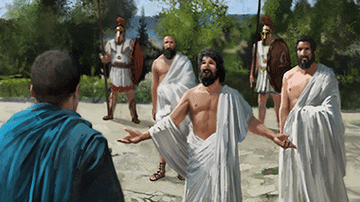
Definition
Ancient Greek Government
Ancient Greece witnessed a wide variety of government systems as people searched for the answers to such fundamental questions as who should rule and how? Should sovereignty lie in the rule of law, the constitution, officials, or the citizens...

Definition
Sparta
Sparta was one of the most important city-states in ancient Greece and was famous for its military prowess. The professional and well-trained Spartan hoplites with their distinctive red cloaks and long hair were probably the best and most...

Definition
John Locke
John Locke (1632-1704) was an English philosopher responsible for laying the foundation of the European Enlightenment. Locke believed that each branch of government should have separate powers, that liberty must be protected from state interference...
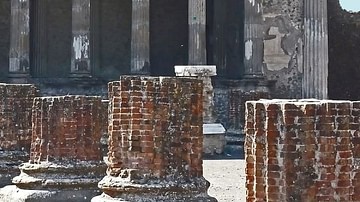
Definition
Roman Law
Roman laws covered all facets of daily life. They were concerned with crime and punishment, land and property ownership, commerce, the maritime and agricultural industries, citizenship, sexuality and prostitution, slavery and manumission...

Definition
Investiture Controversy
The Investiture Controversy, also referred to as the Investiture Contest or Investiture Dispute, was a conflict lasting from 1076 to 1122 between the papacy of the Catholic Church and the Salian Dynasty of German monarchs who ruled the Holy...